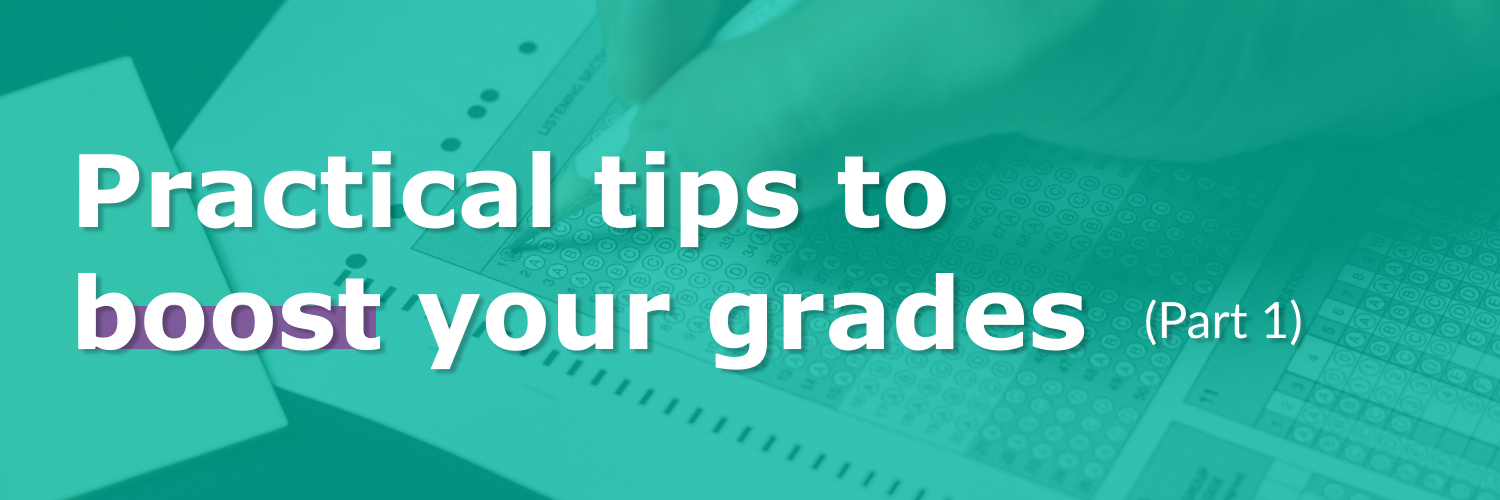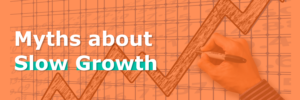Practical tips to boost your grades Part 1
You may be spending countless hours revising and prepping for exams, limiting you to other things you enjoy doing or building upon your hobbies. We have made a few practical ways to use only to spend the necessary time studying. This part 1 on the valuable tips to boost your grades. Make sure to wait for part 2 soon.
Engineer your environment

Your environment gives your brain a potent trigger to let you know what you should and shouldn’t be doing at any given time. If you mix your use of spaces, your brain will get confused about what type of mindset it should be on. If you are using your desk and laptop for gaming and studying, your brain will not know whether it should be studying or gaming when you sit down and open your computer. We as humans are inherited lazy creatures; we will default to the more comfortable option – gaming.
You may have to subdivide your space into different sections to best tackle this. You can carve out a corner of your bedroom or dorm to make it specifically dedicated to studying. You can even go further and engineer your environment in a certain way, which triggers learning. Things like gaming can be stored away out of sight so that when you get into studying, your open textbook will be the only focus with your console out of mind. The same can be your digital equivalence, not keeping your phone present or even placing all of your gaming and social media apps on the last page. This means if you ever had to use your phone mid studying, it will be less likely for you to get into the social media loop straight away since you have to put more effort into yourself. We have discussed in detail on time is spent on your mobile phone here.
Sleep longer

Sleep is one thing any student will most likely make a mistake or not have as a priority. You may even have your peers or friends bragging about how little sleep they usually get. It would be best if you were not tempted to follow suit. It is far more effective to have a shorter working day and sleep longer than getting into the vicious cycle of sleep late at night and producing less quality work. Scientists have proven that your sleep-deprived brain cannot focus, memorise, solve problems and even form new memories. If you feel like you’re low on energy and are craving for the caffeine dose or a sugar hit, instead, see if you can make up on time, you couldn’t sleep last night.
You can have a simple wind-down routine every late afternoon to slowly get you into sleeping longer rather than having to worry about any work. This should be done with plenty of time before; this can be an excellent opportunity to read a book or take to family even to ask them how their day went.
Give yourself a day off

It is essential to have a bit of time for resting apart from regular sleep. In your quest for glory in securing a grade you desire all so much, it is vital to take a step back and recharge. You can plan your day off in advance, so you’re more prepared to enjoy your day. If you have planned the day, it should be noted that you shouldn’t just spend the whole day on your phone playing games. This is your guilt-free enjoyment time; you should make sure to have a more conclusive day out to properly destress yourself from all of the workings you have been doing. This could be either playing a team sport with your friends, going out to watch a match or even just hitting the cinema for a good movie. It should be enough for you to be able to get back into studying again straight after the next day.
Have more breaks

Having a day off is essential, but you can’t have it too frequently; otherwise, you will lose your rhythm and always rely on your next day out when you get back to your tasks. Instead, it would help if you took more breaks in between your study sessions. Instead of sitting down at your desk for numerous amounts of hours, continuously working, you should take breaks in between. Utilise the Pomodoro technique, enabling you to focus on your tasks in smaller chunks. This makes you more productive since it prevents your mind from deviating elsewhere. There is something about the ticking clock in the background that makes you warier of time and makes you do as much work as you can before the timer runs out. Make sure you do not stay at your desk ether when you have your break. Go outside for a short walk, reward yourself with a healthy snack break or even try a quick yoga. You can use different apps or even the standard timer from your phone to make sure you set your timings. Keeping your mind as far away from work will allow your full use of your break. You can take this further and have rewards and punishments when you get distracted from the short bursts of work; you will be held responsible for it and subsequently punished; however, if you stick right to the timing, you will get the reward for spending your time correctly.
Look ahead

Many students leave it far later than the halfway point of their studies to look at past paper questions, and you perhaps may be making the same mistake as well. Instead, we suggest that you flip that around and start by looking at real exam questions for that topic from the get-go. Maybe even attempt a few of those questions to get the exam’s feel with a few guesses if you need to. This will be beneficial when you revisit the topic for revision, and you will get a much deeper sense and appreciate the subject. This will also help you know what you should focus on and how deep you should get into the topic with the exam framework in your mind. This exam prep will allow you to familiarise yourself with the types of exams you will need to answer and spend your revision. In the long term, you will save a lot more time than having to spend time wondering what exactly should you revise and for how long.




